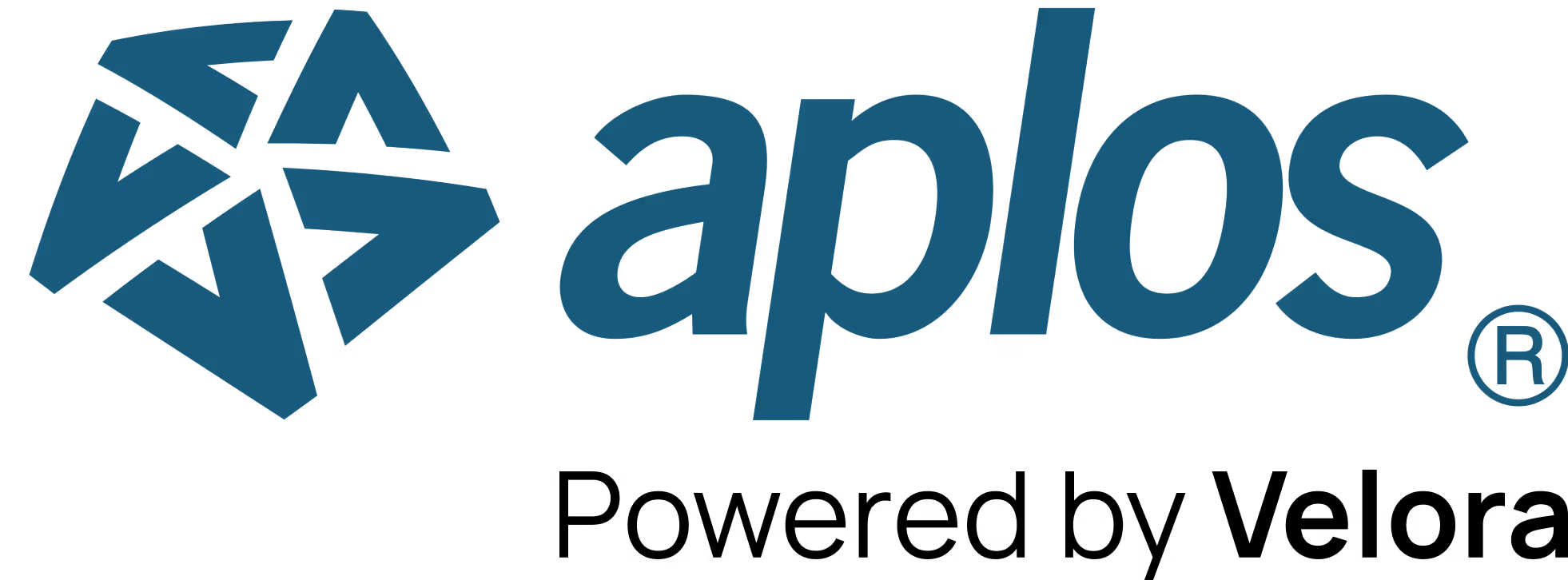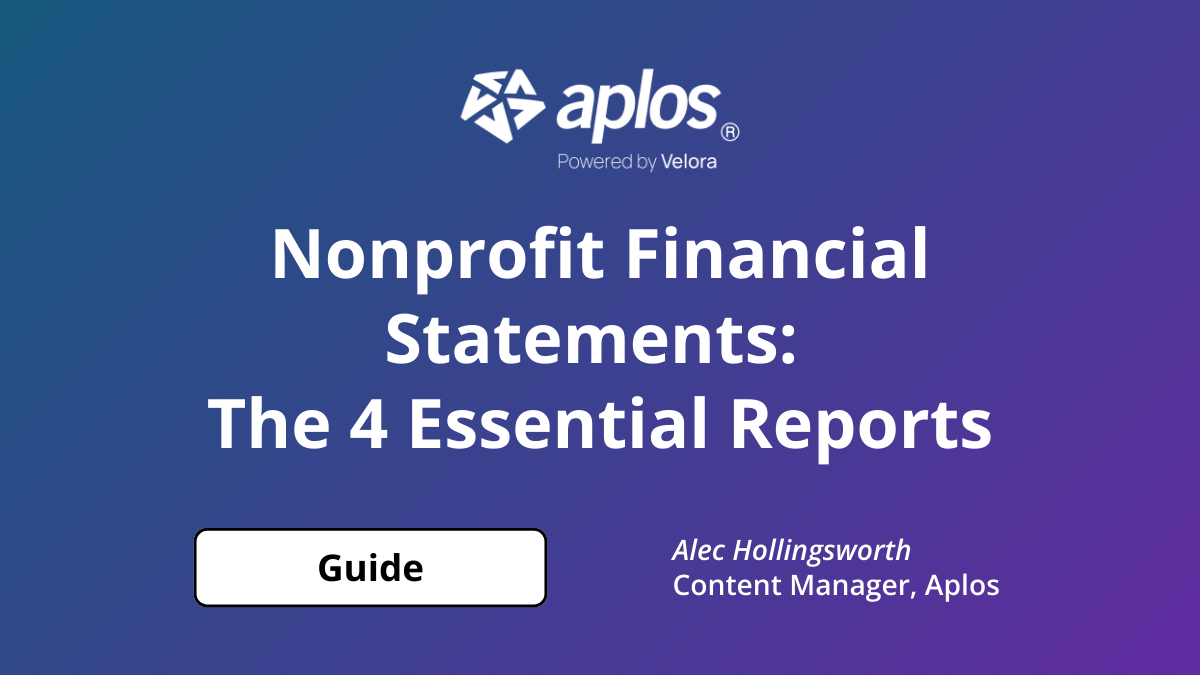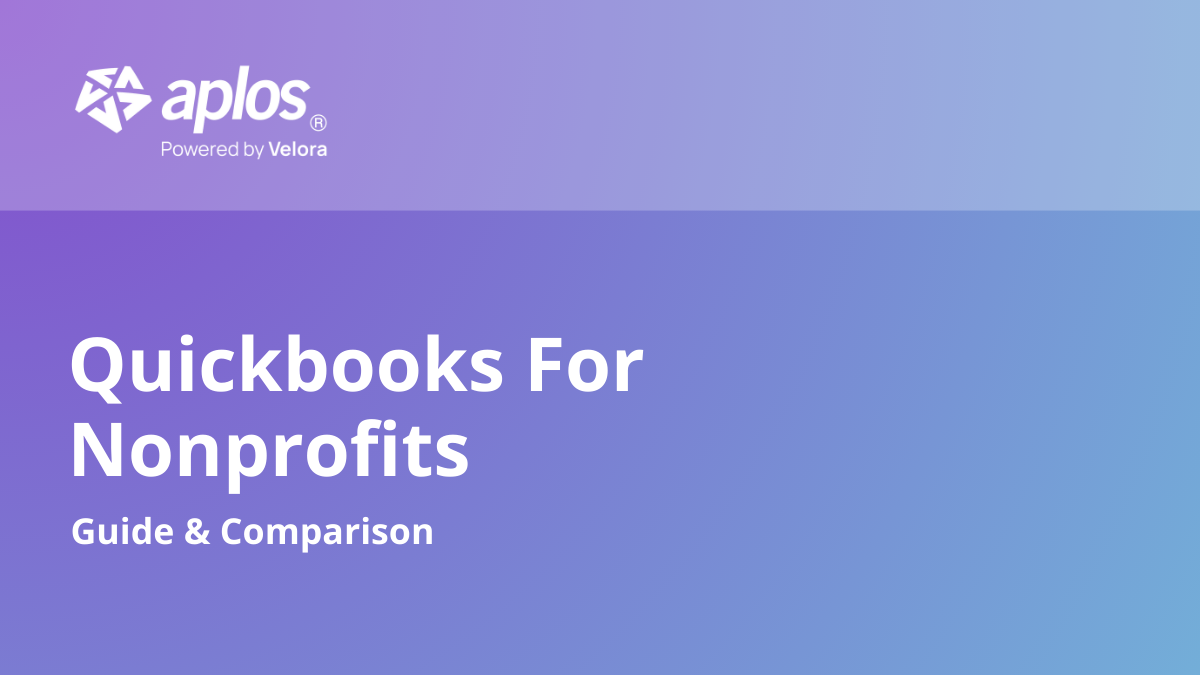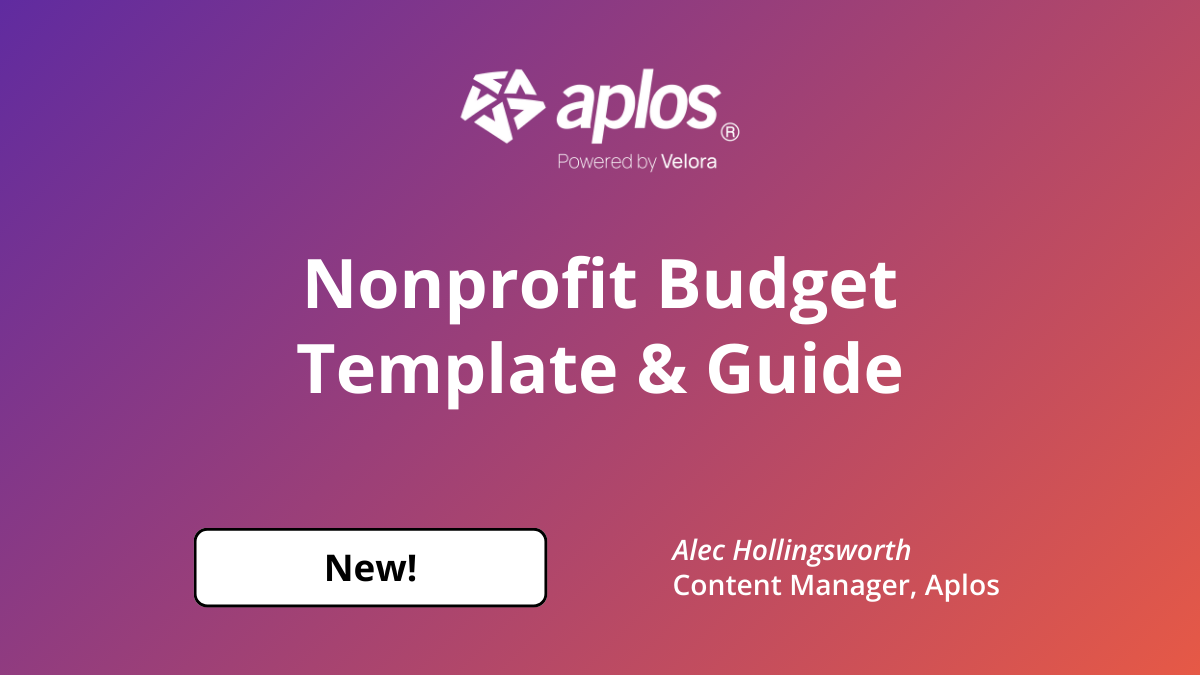
Advantages of Fund Accounting in Nonprofit Organizations

Nonprofit organizations are more than just charitable institutions. They also often have unique needs and goals that require specific financial reporting methods to measure their success and efficiency. The fund accounting system is one of these methods, and this article will discuss the advantages of fund accounting in nonprofits as well as some helpful tips for how you can start using it for your organization’s finances.
Get true nonprofit accounting with Aplos. Try it free for 15 days.
Advantages of Fund Accounting
Fund accounting provides valuable information to nonprofit board members, donors, and regulators. This nonprofit accounting system provides a clear picture of the organization’s financial health at any given time, so there are many advantages of fund accounting for nonprofits.
Accountability and Transparency
Accountability and transparency are very important to all nonprofits because it is their duty to be transparent regarding where funds come from, how they’re used, and the purpose they are used for. Fund accounting provides this accountability by isolating funds with donor restrictions and funds without donor restrictions. It also categorizes funds with donor restrictions by their unique designations.
Such designations are generally set by a donor who wishes for their funds to be used for a specific charitable purpose. For example, a donor may wish for their donation to be used solely for the acquisition of new gymnasium equipment for an underprivileged school. Journal entries attached to this fund can show that the fund was being used for the intended purpose.
Financial Statements Are More Detailed and Accurate
If a nonprofit is using fund accounting, it can provide more accurate and detailed financial statements. The nature of fund accounting provides the necessary detail about the nonprofit’s expenses.
Increased Understanding of Structure and Spending
Nonprofits can use fund accounting to determine how money is spent and for what purpose. Individuals who are unfamiliar with an organization’s structure may be able to determine where funds go when using fund accounts (i.e. if money goes toward management versus a program). Fund accounting can help find discrepancies and keep records accurate due to the segregation of funds.
Accurate Financial Reporting
Fund accounting can make it easier for nonprofits to pass an audit. Adequate financial reports are also required when applying for grants. Those managing a nonprofit should be able to provide detailed statements that show how funds have been used and why they were essential to the organization. It’s important for your organization to do your due diligence to properly track your organization’s designated funds.

How to Successfully Implement Fund Accounting in Your Nonprofit
The following is a list of steps you can take to start implementing fund accounting in your nonprofit:
Step 1. Determine Whether You Need Fund Accounting
Most nonprofit organizations manage funds, so fund accounting is a natural choice. Even if your nonprofit only accepts donations without donor restrictions, and doesn’t apply for grants from government agencies, you may still prefer to use fund accounting.
Step 2. Create Subcategories for All Funds With Donor Restrictions
Designate a general fund for your funds without donor restrictions. You’ll also need a separate fund for each type of donor restriction. Make sure the account names are detailed enough that they can be easily identified by anyone who reads them (i.e., Building Fund).
Step 3. Designate a Fund Account Manager
Assign a fund account administrator who is responsible for maintaining the accuracy of financial statements, FASB reporting requirements, and any grant requirements regarding nonprofit enterprises. This person should have the necessary training and experience to manage dollars with donor restrictions. It may be your organization’s senior accountant or another financially educated individual your organization can trust.
Step 4. Track Income and Expenses by Assigning Them to Their Appropriate Funds
When you create your financial statements, assign each income and expense to the appropriate fund so it is clear how much money was allocated for certain purposes.
When you assign an expense to a fund, you record it on the financial statements under that particular account. Some of your funds may be designated for charitable purposes, while others may only cover expenses related to administrative costs.
Just like you used clear and readable names for your funds, these journal entries should be readable and understandable to any outside party that reviews them. For example, expenditures under the “Office Renovation Project” fund might include entries like “New Carpeting: 1200 square feet” and “Electrician: Wiring for lighting fixtures.”
Step 5. Monitor Spending Habits and Adjust Accordingly When Necessary
Fund accounting is all about good stewardship of your funds. It’s up to you and your team to make sure expenses are allocated properly and costs are kept under control.
If you observe patterns in your spending habits that are becoming problematic, raise the issue at your next board meeting or call your executive director. Fund accounting makes it easier to spot patterns among similar fund types, and that means it’s easier to spot irregular patterns or trends too.
Conclusion
It’s important to implement fund accounting in nonprofit organizations. Adequate financial reporting is required when applying for grants and meeting Financial Accounting Standards Board (FASB) requirements, but any qualified nonprofit accountant should be able to provide detailed financial statements.
Nonprofit fund accounting can be difficult, but it doesn’t have to be if you use a software system designed for nonprofits, like Aplos. You’ll find that these reporting systems offer features such as easy setup and configuration of funds, automatic recording from bank statements, robust journal entries with customizable templates, and more.
This will make the process easier on your nonprofit’s staff so they’re able to focus their time on other tasks, while still fulfilling all necessary requirements for IRS regulations or grant applications.
This article is not intended to be a substitute for professional services. Always consult a CPA or trusted professional when seeking tax or accounting advice.
Free Recorded Webinar: 5 Metrics to Understand Your Organization’s Financial Health
To make good decisions for a nonprofit organization, leaders and board members need accurate, up-to-date, and clear financial information. But they also need the ability to interpret and use this data to make informed decisions. During this webinar, you will learn how to:
- Examine and evaluate your assets and liabilities for overall value
- Understand your fund balances so you will know if you have the funds you need to operate
- Determine if your spending is healthy to plan for future large expenses
- Understand how much money to keep on hand to keep your doors open
- Evaluate the financial efficiency of your programs or campaigns

Our comprehensive closeout services start at $399 per month that needs to be reconciled. Sign up before Jan 1st and pay just $199.50 per month!
Copyright © 2025 Aplos Software, LLC. All rights reserved.
Aplos partners with Stripe Payments Company for money transmission services and account services with funds held at Fifth Third Bank N.A., Member FDIC.
Copyright © 2024 Aplos Software, LLC. All rights reserved.
Aplos partners with Stripe Payments Company for money transmission services and account services with funds held at Fifth Third Bank N.A., Member FDIC.



.png)



